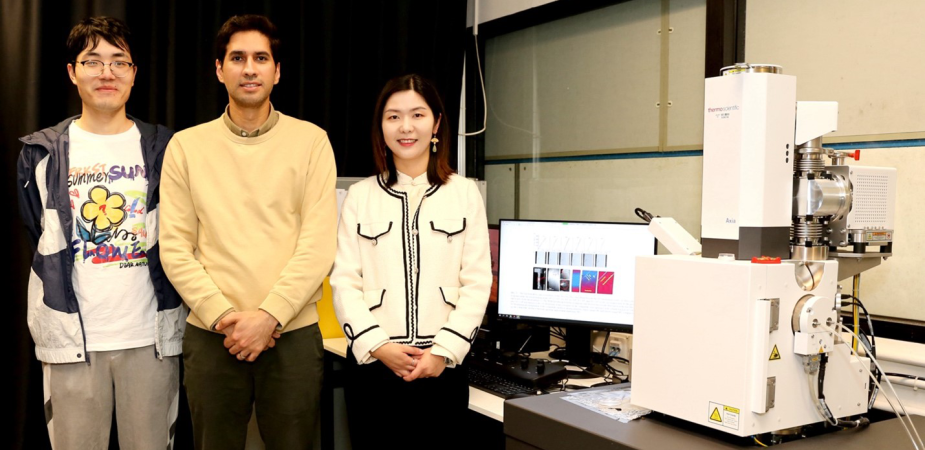Prof. Sherry CHEN Xian Achieved Multi-Million Cycle Fatigue Life in Superelastic Bulk Alloy
Prof. Sherry CHEN Xian Achieved Multi-Million Cycle Fatigue Life in Superelastic Bulk Alloy
A research team led by Associate Professor Sherry CHEN Xian of Mechanical and Aerospace Engineering made a significant breakthrough in the field of mechanics and material science by introducing a bulk alloy that exhibits exceptional deformability without experiencing strain hardening, even after undergoing 10 million cycles of tensile stress-induced phase transformation.
This discovery provides invaluable insights into the fundamental nature of stress-induced martensitic transformation and addresses a critical challenge in achieving a fatigue life of several million cycles in superelastic materials under tension. These materials are extensively utilized in various applications such as stents, biomedical implants, microactuators, and solid-state cooling devices.
Their work was comprehensively described in their paper titled “Nondissipative Martensitic Phase Transformation after Multimillion Superelastic Cycles”, which was published in Physical Review Letters. In this paper, they revealed that the martensitic transformation remains non-dissipative even after enduring millions of cycles, without any slips or structural defects. Crucially, their study also uncovered the underlying mechanism responsible for such non-dissipative behavior, known as the “Cofactor Conditions - supercompatibility condition”.
By elucidating the mechanism behind this non-dissipative phenomenon, Prof. Chen’s team has paved new avenues for designing advanced martensitic alloys with significantly enhanced fatigue life. Consequently, the applications of these alloys can be expanded in medical devices and energy science fields. This breakthrough holds great promise for the development of innovative materials that can withstand millions of cycles, leading to improved performance and reliability in critical applications.

